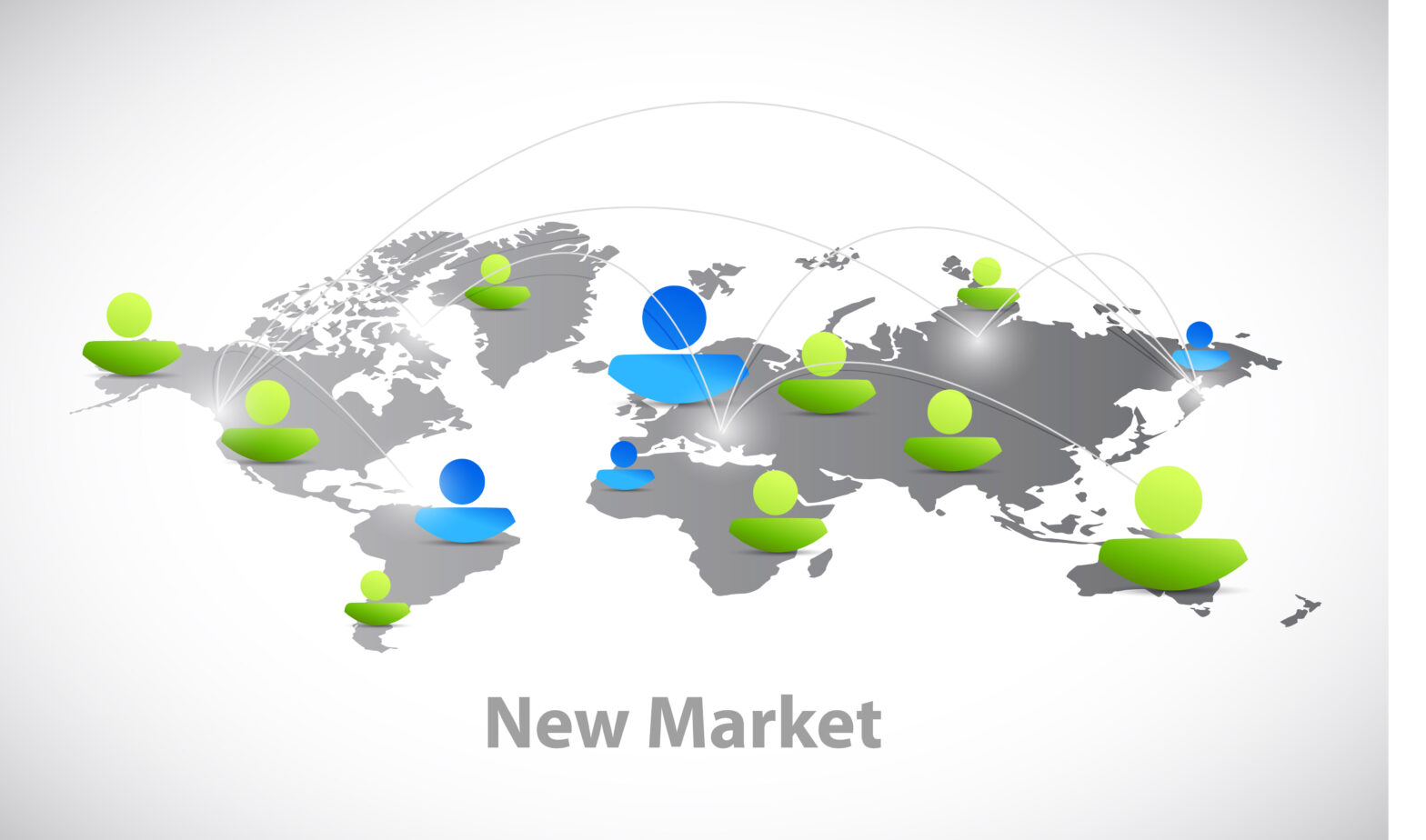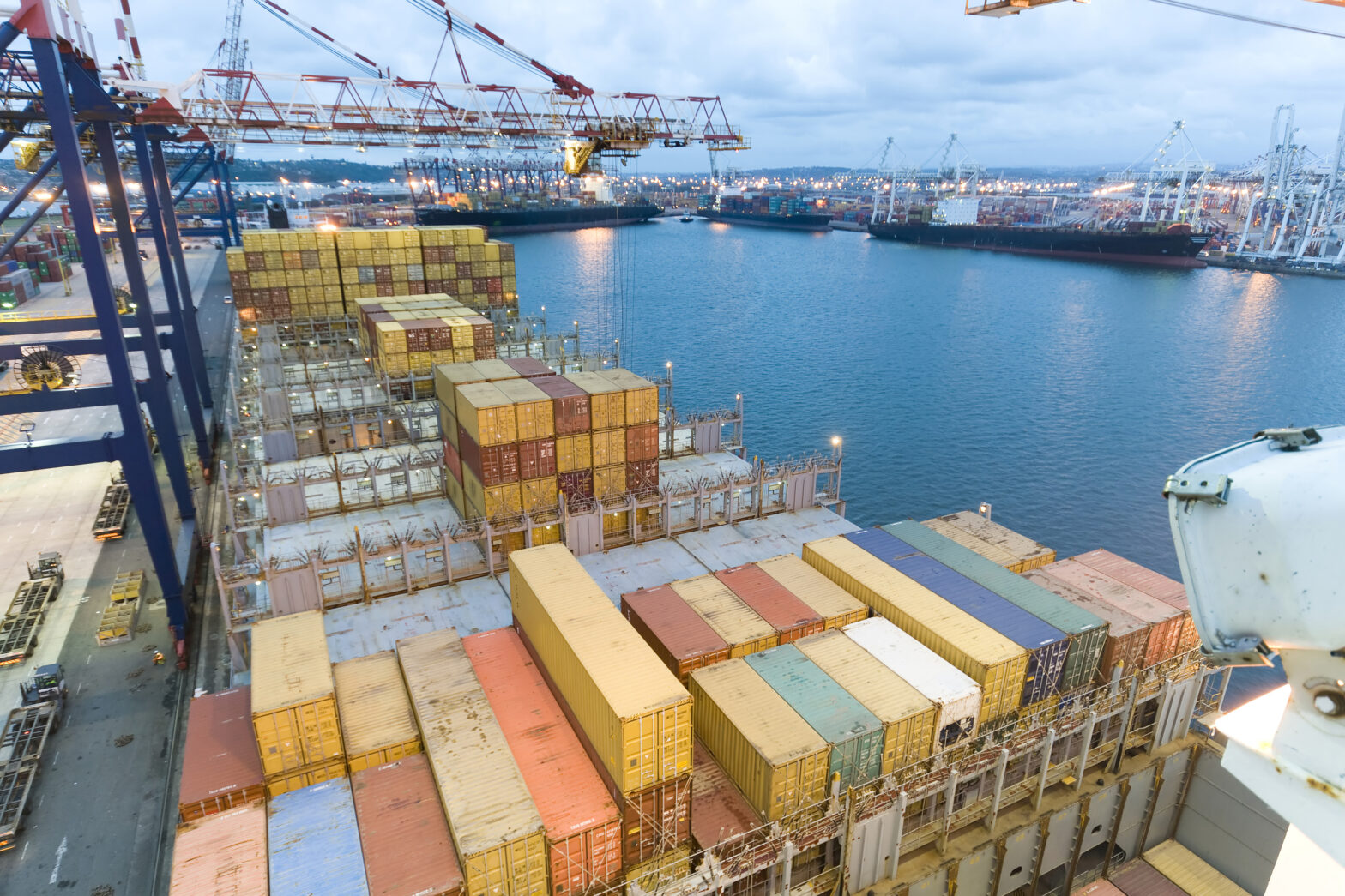As the founder of a company that has seen its product range successfully selling in 27 different countries, I can tell you that launching in a new country can be seem daunting. Yet, with some business savvy and preparation, you can get it right and be successful. Here are some tips to success.
Don’t just choose a country
Look and see where the greatest opportunity lies. Low-hanging fruit can be determined based on things such as language, achievable and affordable legislation or certification, current market behaviours and competitor analysis. Make sure you do thorough research – for example I realised the USA was going to be a bigger and more lucrative market to tackle as there are more people there, there are booster seat laws already in place and there was no language barrier. At the time, new laws in California for booster seats meant that we could provide a gap in the market quickly providing a solution to the parents who needed to put ‘big kids’ back into booster seats without making a fuss. I took it one step further and realised I needed to be based in the country for a while. It is not always necessary, what I learned as a direct result of complete submersion in the market as a consumer was inconceivable.
If you have a completely new concept that makes launching in a new country attractive then do consider using focus groups for early research. Online research tools such as Survey Monkey can a useful way of reaching out to different groups as they have access to specific customer profiles. There are also some marketing groups that will provide focus groups for your particular category, but they can be costly. The advantage of these focus groups is that often they are run by qualified individuals who do not steer the opinions of the group to any specific outcome. This is what happens for example when you ask friends for opinions, they normally do not want to offend or maybe they have been already been made too familiar with the product/brand.
Where does your customer reside…
…and why are they your customer? For example while there is a huge population in China, launching in a new country such as this would have taken a huge resource (time and investment) for our product and also the consumers were not educated about the use of booster seats. You can then make a conscious decision to be proactive in certain markets and reactive in others. This offsets costs that can become stifling for a start-up or fast-growth company.
If you can’t speak the language, you’re going to need a distributor; the UKTI will be able to lead you in the right direction. Plus you may also want to research other similar non-competing brands in your space by going online and get in touch with them to find out which distributors they use. Whatever distributor you decide on, do make sure you get references. I had been advised against using agents as there are some legalities around the true working status of these individuals. For instance if they only represent your brand, they can in some cases be entitled to the same benefits as an employee of your company.
Do not sign exclusivity agreements with distributors. If you sign an exclusivity agreement with a partner that either does not perform or who you find cannot deliver sales in the region, you could find yourself in a sticky situation of being unable to sell your goods there while the legalities of the contract are dragged through courts. With a sole agreement, if there is a conflict with the distribution partner, you can continue to supply retailers directly.
If you are looking to launch in other European countries remember there are many different EU regulations – contact SGS which should be able to advise on the specific country you are intending to launch into. It is a little costly to do this, but best to do this in advance and ensure that you meet all of the requirements and have copies of certification as major retailers will ask for it. This applies not only to your product but to your manufacturer who will likely be required to undergo ethical standards audits for specific retailers. So if you haven’t thought that through, now is the time.
Requirement for new packaging
If you are selling a product when launching in a new country you may need to spend additional time on new packaging and remember a lot can be lost in translation with language; your brand name could be a hit in your own country but have totally different connotations in another. If you are going to change your name, then you will also need to look at trademarking and will need the advice of an intellectual property lawyer, as this is a tricky area to tackle without the expertise. Be sure that the lawyer you choose is a patent lawyer to avoid the extra layer of costs from a referral from another legal representative.
Finally when launching in a new country do make sure you get the pricing of the product right and don’t outprice yourself. Do research whatever similar /competitor brands are charging in the country. This competitive landscape will show you exactly where you should position your costs an indeed if it is viable. However you will also need to factor in VAT and duty costs (which are different in every country) – as this could diminish (in some instances significantly) the profit. It may be exciting broadening your business, but it’s got to make you £££ too!
Grainne Kelly is CEO and founder of BubbleBum.





